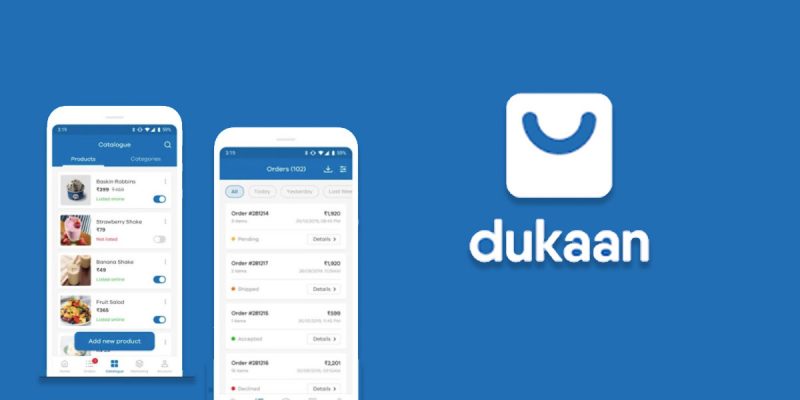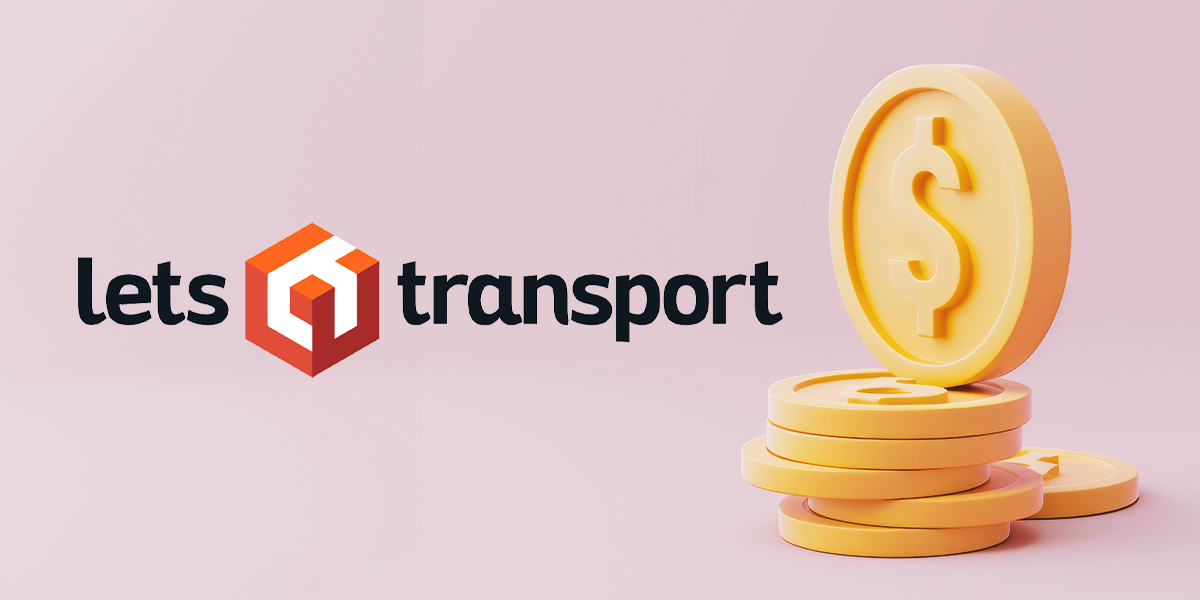As digital becomes more imperative than ever, there has been a gold rush among B2B firms to enable a digital storefront for small merchants such as kirana stores and pan shops. At least half a dozen startups including Dukaan, Khatabook, OKCredit, Bikayi, MSwipe and Magicpin have entered the e-commerce enablement space in the past 2-3 months.
Another player to have joined this frenzy is fintech startup Dot by launching a standalone app for small merchants to go online. Founded by Shailaz Nag, a former managing director at the Naspers-owned PayU, Dot has launched an app called ‘Digital Dukaan.’ It lets businesses, commercial establishments, as well as any homepreneur to launch a digital store instantly.
Even as it’s apparent that these companies have understood that the appetite to go online has increased multifold during the pandemic, experts believe that the eventual goal for these startups would be to find a potential acquirer for their tech capabilities.
“Since Amazon, Flipkart and Reliance had announced their plan to work with kirana stores and small merchants, these companies see an opportunity to build a business that could be sold to either of the three,” said Satish Meena, forecast analyst, Forrester.
Amazon, Flipkart and Reliance have been laying emphasis on tapping into small merchants. Reliance had also acquired NowFloats with an intention of strengthening its footprint among small sellers. “For businesses like Khatabook, OKCredit, Mswipe and Dot, having separate apps for e-commerce enablement or digital dukaan makes sense. They already have a presence through existing solutions and it could be leveraged to drive e-commerce enablement solutions,” added Meena.
It’s worth noting that this is the second wave in the e-commerce enablement space. During the 2012-13 period, there were more than a dozen companies that tried their hand at something similar. However, very few including Infibeam’s Buildabazaar and Zepo survived. Shiprocket also started with similar motivation, but later the company pivoted to a logistics-focused platform. While experts believe that the right time to enable a digital storefront is now, they also caution that chances of making money from small merchants are slim.
“Enabling digital stores is easy but bringing orders and managing operations would be tough,” said one of the executives of an investment platform that had put money in Zepo. The person requested anonymity. “Whosoever solves these two problems can build large businesses in the segment. At present, it’s more like a fad that will eventually fade.”
According to him, WhatsApp Business would be the unanimous leader in this space once WhatsApp Pay is launched across India. WhatsApp Business has recorded more than 50 million downloads in the past 12 months. In the wake of the pandemic and a series of lockdowns, businesses across grocery, pharmacy, and dairy segments have been leveraging the app for regular interactions with existing and potential customers.
The euphoria in the e-commerce enablement space is similar to what bookkeeping and video commerce had seen in 2019. Over three dozen companies entered both segments, however, only a handful are left. “The same thing will happen here as well,” said Meena.
While the companies who have entered the e-commerce enablement space may argue that they would make money after reaching a considerable scale, merchants will only pay if they see revenue from their digital presence. “Merchants won’t say no as long as these solutions are free. Once they start charging, things are expected to change. If I am paying to get onboarded on the platform, I would expect a continuous sale to justify the cost I am bearing,” said Gurugram-based Rati Agarwal whose kirana store recently went live with one of these apps.














